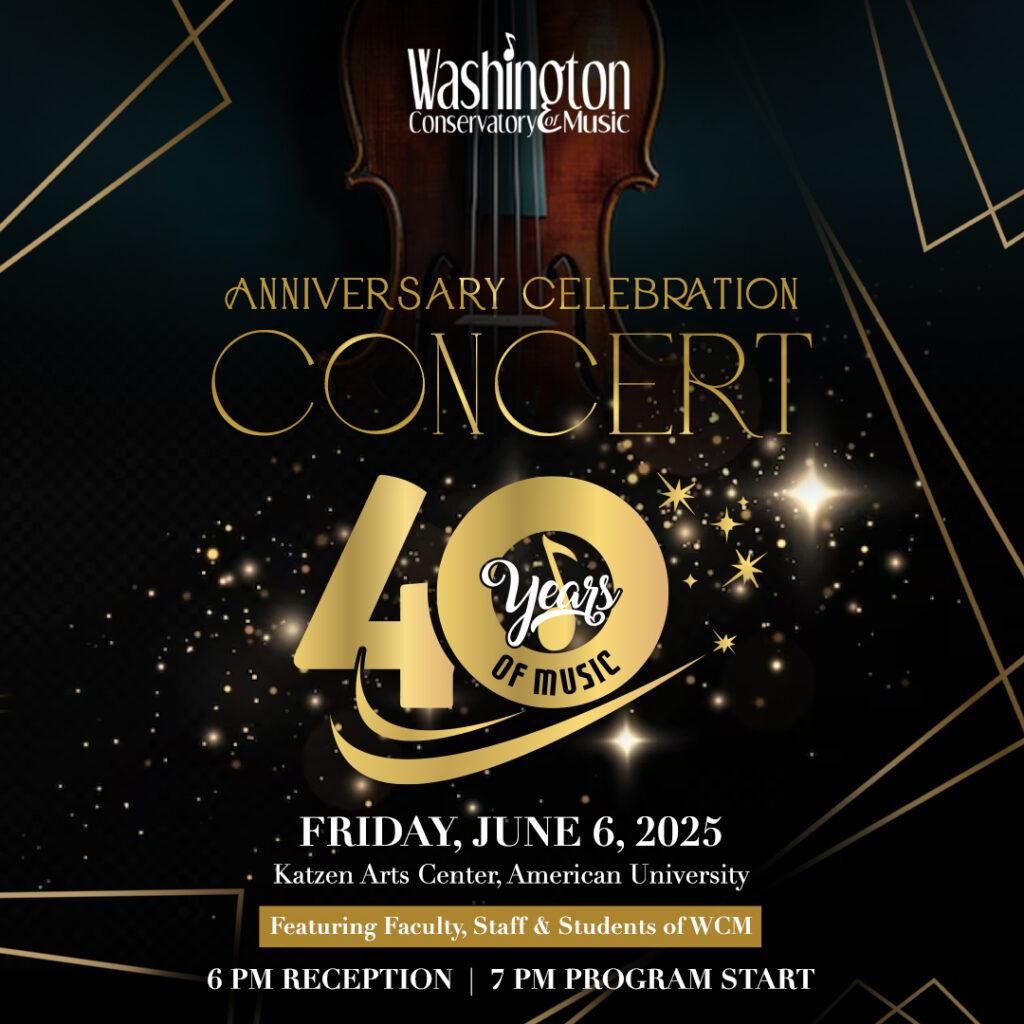How old should my child be to start lessons?
We consider a number of developmental factors when recommending instruments. Below are general guidelines for developmental progress, with the typical ages children reach these milestones.
String instruments come in small sizes, so instruction can start when a child is able to focus for the duration of a half hour, one-on-one lesson. String instruments require finger precision and dexterity, and a refined ear for tuning. Instruments can be rented to start.
Recommended age: 4+ (Suzuki violin, viola, and cello); 7+ (traditional violin, viola, and cello)
Piano instruction can start when a child is able to reach the keys of an acoustic piano, has strength to press them and make consistent sound, and is able to focus for the duration of a half hour, one-on-one lesson. Children can “see” the relationship between piano keys and written notes, making the piano a good introductory instrument. Pianos can be rented to start. Acoustic pianos are recommended.
Recommended age: 5+
Acoustic guitars with nylon strings are available in small sizes and are recommended for young children over electric guitars.
Recommended age: 7+
A distinct instrument from the guitar, the ukulele has fewer strings (4), different tuning, and a smaller range. It requires less finger strength than guitar, and is typically less expensive to purchase. Learning chords and strumming develop listening skills and coordination, and children will have fun singing along as they play. The Young Yukes class provides a social environment that fosters friendship and teamwork as children perform together.
Recommended age: 8+
Drum set requires complex control of fine hand and wrist movement, and specific rhythmic capabilities. Other percussion instruments include vibraphone, timpani, and hand drums, which can be studied with teacher recommendation.
Recommended age: 8+
Woodwind and brass instruments are not recommended for young children due to the size of the instruments, the pressure placed on children’s teeth, and the lip strength needed to make sound.
Recommended age: 8+ (flute, clarinet); 10+ (saxophone, trumpet, trombone, french horn)
Starting children on instruments before they are developmentally ready can lead to frustration and disengagement. A music teacher’s recommendation to wait before starting on a particular instrument is not a negative reflection of your child’s potential to succeed on that instrument in the future. Our goal in making recommendations is to support your child’s emotional well-being and foster a lifelong love of music. If you would like additional guidance about when to start lessons for your child, please contact the main office.
Are auditions required to enroll?
No, auditions are not required. As a community music school, Washington Conservatory of Music provides exceptional music instruction to students of all skill levels.
What performance opportunities are available?
Students of all ages have regular opportunities to participate in student recitals, juried recitals, honors recitals, and studio classes. Due to COVID-19, recitals are currently being held over Zoom to ensure the health and safety of students, their families, and our music teachers. Please see Student Opportunities for more information.
Expectations and requirements:
Washington Conservatory of Music expects all students and parents to behave in a way that is conducive to a nurturing musical environment. Regular weekly attendance allows students to fully benefit from lessons with our music teachers, and is required. We recognize that each student brings unique goals to musical study, and progress is measured on an individual basis according to these goals. Please review our general conduct and attendance policies and consult your teacher with any questions.

